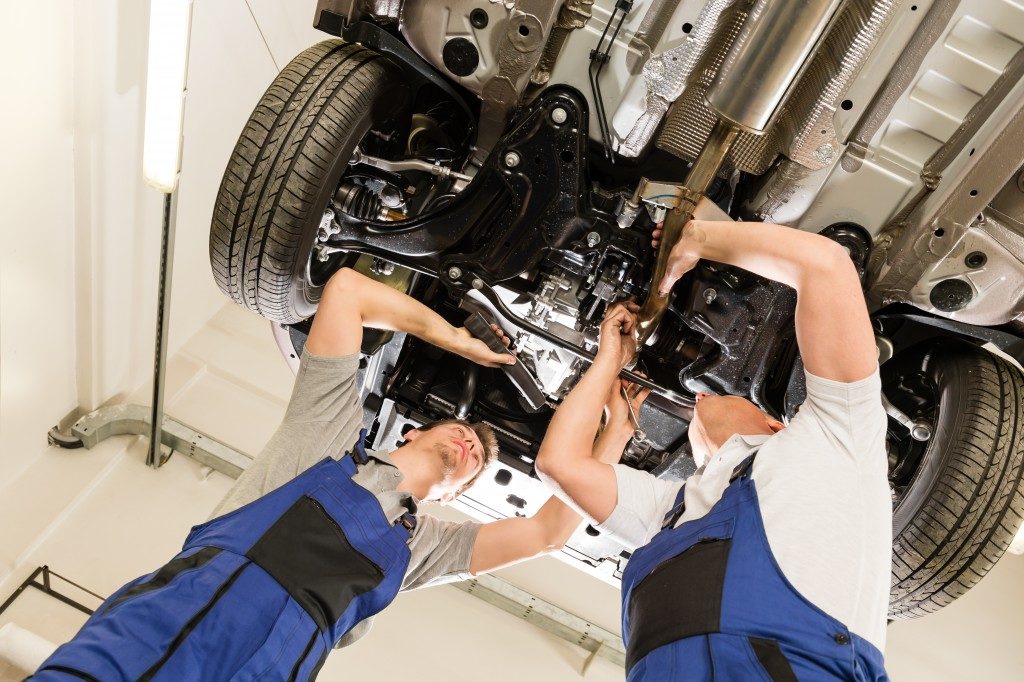
Every job comes with its own set of risks, but some jobs are more dangerous than others. Workers are constantly putting their lives at risk, and some are not so lucky. Workers have been injured, disabled, and killed through various accidents. Claims were filed, compensations were given, and laws were filed—but both government and private companies can only do so much to minimise workplace accidents and deal with their aftermath.
Farming
Lincolnshire, the second largest county in the UK, has almost 40 percent more accidents compared to the UK average. Farming accidents contribute to the majority of these accidents, but most of these accidents are rarely lethal. Though more common, farming accidents are more likely to cause injury or disability and not lead to death. Those that do cause fatalities usually involve dealing with farm animals, operating heavy machinery, or falling from an elevated area.
Automotive Repair
Vehicle repair could well be one of the most dangerous jobs in the UK. Even with the small number of vehicle repairmen, they still accounted for 26 deaths over the past six years. Working with heavy vehicles, especially underneath them, puts repairers at higher risk of injury and death. Servicing stalled cars on busy roads also poses additional risks, especially during the cold winter months.
Lorry Driving
More than 50,000 accidents involving work vehicles are reported each year or about 150 accidents a day. Strict deadlines force drivers to drive at the fastest speeds possible while taking minimal breaks. Driving in unsafe areas and bad roads can make trips more dangerous. However, exhaustion and recklessness are the most common factors in the majority of accidents. The competitive nature of the job rewards drivers who take risks to meet their deadlines. Drivers will often push their bodies to the brink of exhaustion, all the while driving at top speeds.
Waste Disposal and Recycling

While the rates of work accidents are dropping, this isn’t true for the waste and recycling industry. In 2017, the number of deaths in the sector rose by 50 per cent. Binmen and workers in material recycling facilities work with heavy machinery and often face various hazards as they perform their daily work routine. Accidental injuries are more dangerous than usual, especially with the types of materials that come into contact with workers.
Painting, Roofing, and Construction
Falls from great heights are some of the leading causes of fatalities in the workplace. Painting, roofing, scaffolding, and construction jobs account for the majority of these workplace fatalities. Working in an elevated area, whether on top of a house or tall skyscraper, raises the risks of accidents. The higher the elevation, the higher the chance of fatalities. Workplace policies and modern equipment have made jobs safer, and the number of deaths is dropping every year.
Overall, every workplace is dangerous in its own way, and people will unavoidably make mistakes. Accidents will happen. There are no ways to avoid them altogether, but awareness and attentiveness can minimise their occurrence or lessen their severity.
